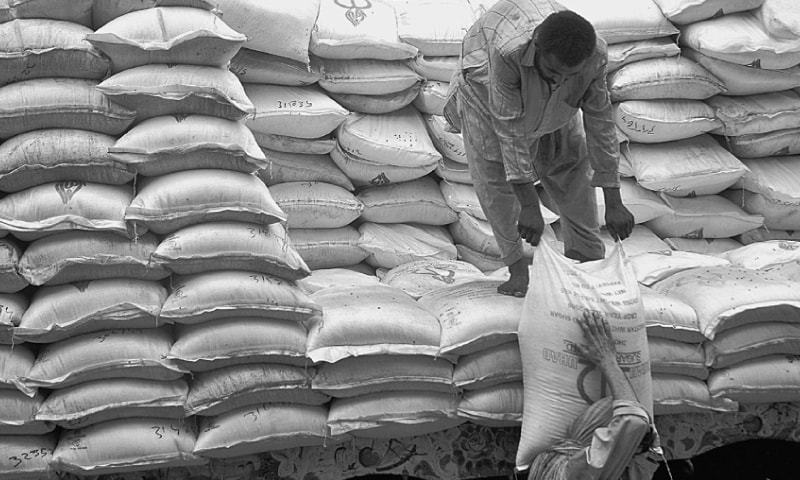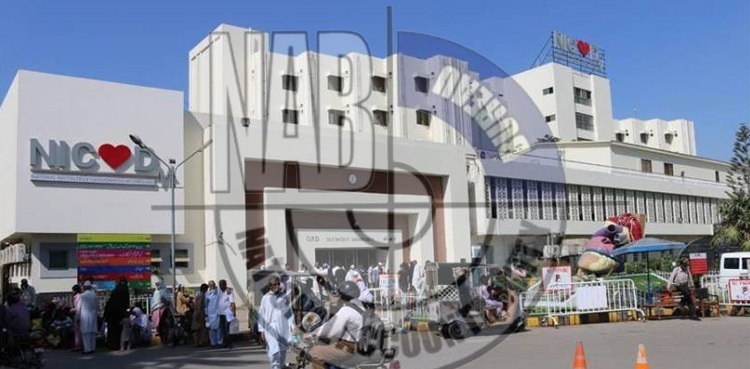PTBP Web Desk
With sugar prices climbing to nearly Rs 200 per kilogram, a special National Assembly panel is preparing to investigate how policy loopholes, export incentives, and alleged market manipulation have allowed sugar mill owners to amass an estimated Rs 300 billion in extraordinary profits. The committee is also considering whether a new windfall tax could reclaim some of these gains to ease the burden on consumers.
The multi-party inquiry committee, led by PTI’s Atif Khan, is set to meet Monday to identify the “hidden beneficiaries” of Pakistan’s ongoing sugar price spiral. Lawmakers aim to probe patterns of cyclical price hikes, sudden export-import swings, and the effects of government deregulation on the market.
The push for accountability gained momentum after the Auditor General of Pakistan testified before the Public Accounts Committee, confirming that sugar mill owners had benefitted disproportionately from price volatility and export-friendly policies. Opposition members and some government MPs have gone further, openly labelling the sugar industry as a “mafia” that wields outsized influence over national policy.
In recent months, Federal Minister for National Food Security and Research Rana Tanveer Hussain announced the full deregulation of the sugar sector — removing state control over prices, procurement, and supply. While he pledged to act against hoarders and placed some mill owners on the Exit Control List (ECL), retail prices have continued to rise above agreed limits.
A July 15, 2025 agreement between the government and the Pakistan Sugar Mills Association (PSMA) capped the maximum ex-mill sugar price at Rs 165 per kilogram, with a planned monthly increase of Rs 2 until mid-October. The increment was calculated based on a 25% interest rate, which has since dropped to 11%. Critics now argue that the reduced interest rate undermines the justification for the price increases.
Ministries of Finance and Commerce reportedly opposed sugar exports over fears of domestic price inflation. However, reports suggest that certain mill groups withheld stocks until export approvals were granted — enabling them to take advantage of higher global sugar prices, which were reportedly Rs 30 to Rs 40 per kilogram above domestic rates. By exporting, these millers also avoided paying sales tax, further boosting their margins.
The government is now planning to import 100,000 metric tons of sugar through the Trading Corporation of Pakistan (TCP) by October to help stabilise prices. This decision comes after the PSMA failed to honour its assurance that retail prices would remain below Rs 140 per kilogram.
Economic observers warn that imports, while offering short-term relief, could also benefit certain trading lobbies and place further strain on the country’s foreign exchange reserves.
In response to mounting public anger over soaring sugar prices, Atif Khan’s panel is actively discussing the introduction of a windfall tax on sugar mill profits. Similar to the levy previously imposed on banks, this tax would aim to capture part of the extraordinary gains earned by millers. The funds collected could then be channelled into subsidies or direct relief for consumers, reducing the retail price burden.
If implemented, this measure could mark the first significant fiscal pushback against a sector long accused of manipulating both market conditions and policy for private gain.
Pakistan’s sugar industry has a long history of political entanglement. Many of the country’s largest mill owners have direct or indirect links to powerful political families, creating what analysts call a “conflict of interest” in policymaking. This has often resulted in policies that critics say protect millers’ profitability at the expense of farmers and consumers.
Past government inquiries — including the 2020 Sugar Inquiry Commission — have documented instances of over-invoicing, under-reporting of stocks, and coordinated hoarding to influence prices. However, recommendations for reforms have often been delayed or diluted, and few prosecutions have materialised.
For the current multi-party panel, the stakes are high. A thorough and transparent investigation could help restore public confidence in parliament’s ability to hold powerful economic players accountable. On the other hand, a weak or inconclusive outcome could reinforce public perceptions that the sugar industry is untouchable.
Public sentiment is increasingly vocal on social media, where hashtags like #SugarMafia and #SugarScam have trended repeatedly. Citizens have expressed frustration over the affordability of basic food items and accused both past and present governments of failing to protect consumer interests.
The panel’s meeting today is expected to set the framework for evidence collection, witness testimony, and potential legislative proposals. This could include:
- Examining PSMA records to assess compliance with pricing agreements.
- Scrutinising export and import approvals for signs of preferential treatment.
- Reviewing bank and tax records of major sugar mill groups.
- Analysing the impact of deregulation on market stability.
While the FBR and other agencies have conducted periodic audits of the sugar industry, the scope of this inquiry could be more extensive, potentially leading to new tax measures, regulatory changes, or criminal referrals.
Whether these steps will lead to sustained market reform remains to be seen. For now, consumers — and sugar millers — will be watching closely.




